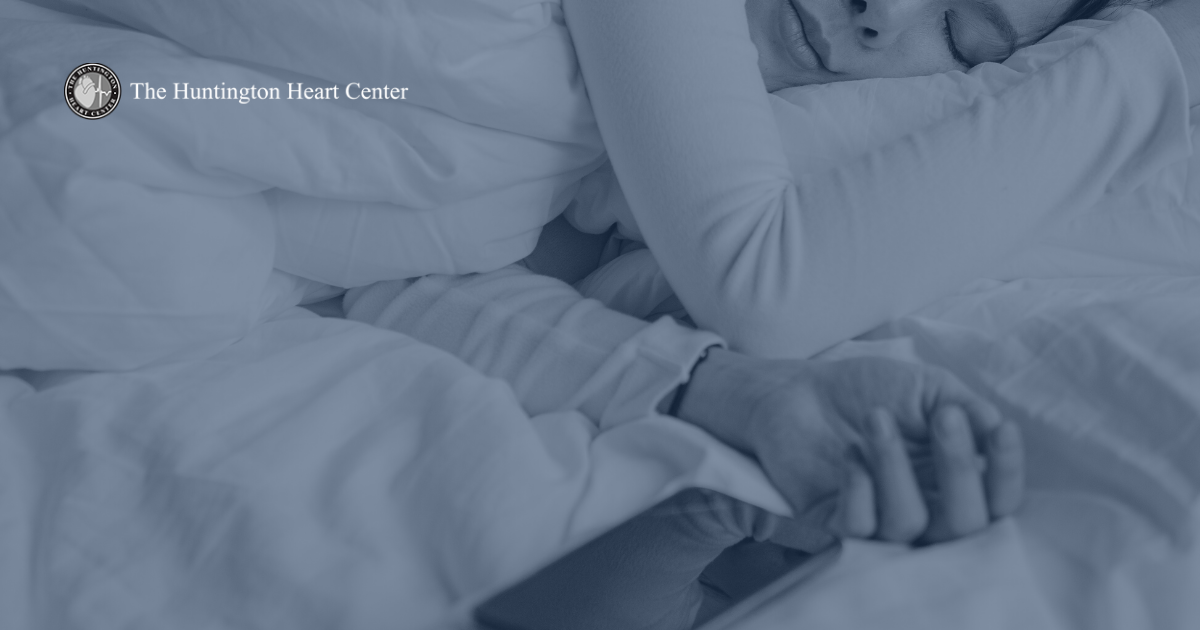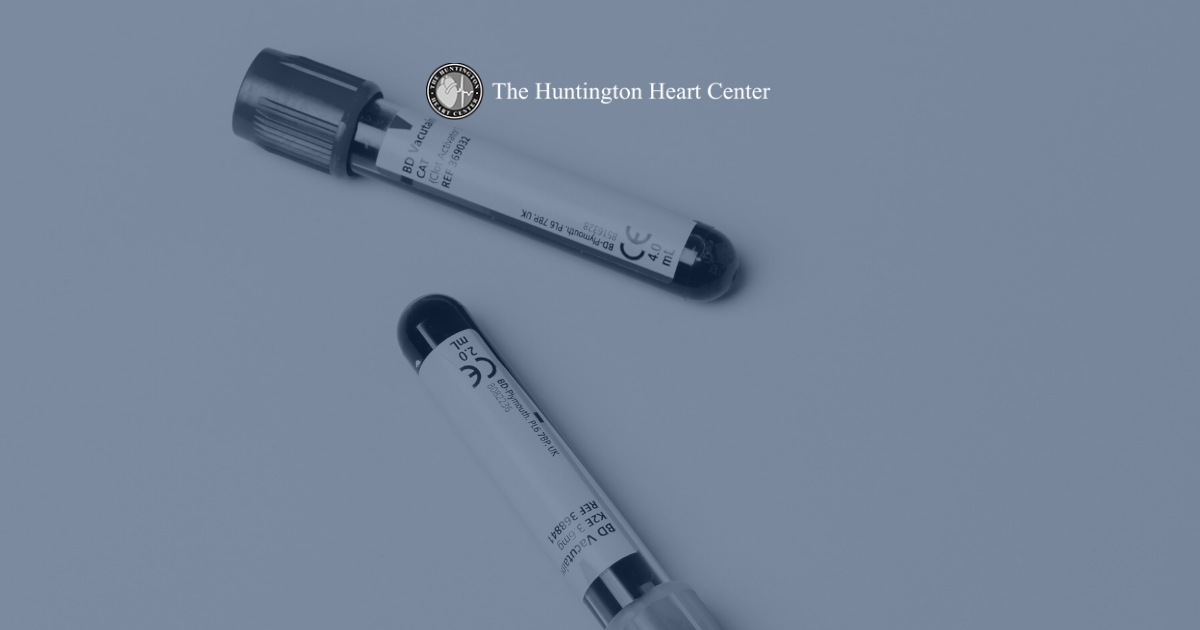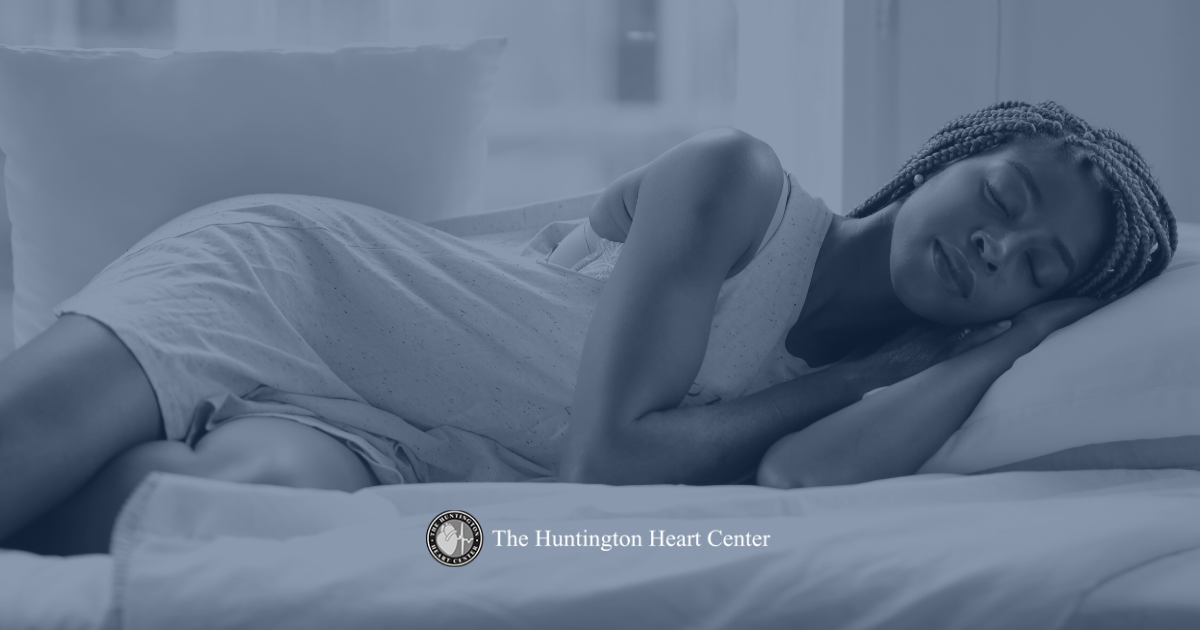For many decades, it was believed that stress in and of itself caused heart disease and an increased risk of heart attack. Stress, in fact, has been linked to a number of diseases and disorders and has even been proven to increase the severity of some disorders.
Many of us wait until our symptoms are obvious and even debilitating before we seek medical help. This can also be true with cardiovascular issues. Many times, shrugging off smaller abnormalities leads to progressively worse symptoms and ultimately an unfavorable diagnosis with fewer treatment options. With high cholesterol and high blood pressure issues becoming more and more prevalent in the United States the old thinking that heart disease only affects to the elderly is no longer true.
In fact, prevention starts at a young age. 30, 40 and 50-year-olds that address their risk of heart disease, can add years to their life and avoid serious complications later on.
 Sleep is a critical part of not only staying energized throughout the day but maintaining good general and cardiovascular health. Proper sleep can reduce the risk of obesity, high blood pressure and other risk factors that can ultimately lead to heart problems. With such a powerful tool at our disposal, however, it is surprisingly hard to get enough sleep. As a result, most Americans are chronically sleep deprived and risking serious health disorders as a result.
Sleep is a critical part of not only staying energized throughout the day but maintaining good general and cardiovascular health. Proper sleep can reduce the risk of obesity, high blood pressure and other risk factors that can ultimately lead to heart problems. With such a powerful tool at our disposal, however, it is surprisingly hard to get enough sleep. As a result, most Americans are chronically sleep deprived and risking serious health disorders as a result.
Better sleep can actually happen overnight. Some techniques for better sleep you can start this very evening. Others will take some time to develop good habits.
While New York has seen a precipitous drop in COVID-19 cases and deaths after our devastating first wave, we are certainly not out of the woods. There’s a lot we don’t know, both about the disease itself and about how transmissible it currently is and will be in the fall, when everyone expects a second wave.
Adding to this uncertainty is recent research from Germany which shows many patients, especially those with severe COVID infections may have long lasting heart defects and injury along with other medical deficits including neurological issues and lung problems.

Unfortunately, most patients who experience serious cardiovascular issues have waited too long and ignored many potential red flags. For some, the threat of long-term damage is not enough to stop them or change their lifestyle. For others, not knowing the warning signs of a heart problem often catches up with them later in life.
As the old adage goes, an ounce of prevention is worth a pound of cure and this is particularly true for heart disease which is the leading cause of death in the United States and many other countries around the world.
 With increasingly hectic lifestyles that often trigger poor sleep and even sleep disorders, the concept of napping is more important than ever. Have you noticed how, on a long car drive, or on a long flight, even sleeping for 10 to 15 minutes refreshes your body significantly? It’s not just in your head, napping does have significant emotional, physical and psychological benefits that can’t be overlooked.
With increasingly hectic lifestyles that often trigger poor sleep and even sleep disorders, the concept of napping is more important than ever. Have you noticed how, on a long car drive, or on a long flight, even sleeping for 10 to 15 minutes refreshes your body significantly? It’s not just in your head, napping does have significant emotional, physical and psychological benefits that can’t be overlooked.
For some, sleep comes easily, and we remain alert throughout the day. However, for most Americans, sleep can be fleeting, and we simply don’t get enough.
Decades ago, it became clear that people in the Mediterranean countries such as Greece and Italy lived longer, healthier lives with fewer instances of cardiovascular disease when compared to similar demographics in North American or Northern European countries. It became readily apparent that the typical Mediterranean diet provided significant heart health benefits and has since been held up as a standard by which we should model our own diets.
 If we were to tell you that one of the most helpful tools to maintain your heart health was free, readily available, and quite literally made every part of your life more productive and enjoyable, we’re pretty sure that you’d jump right on it. Well, the truth is that it does exist; and it’s called sleep. Sleep is critical for continued bodily function and health. While all of us do it, many of us do not get enough of it. The average adult should get between seven and eight hours of sleep. There are some people whose normal sleep patterns require only six hours while others may require more. Each of us is unique. However, when we are deprived of sleep, we increase the risk of several serious diseases that can ultimately affect the heart.
If we were to tell you that one of the most helpful tools to maintain your heart health was free, readily available, and quite literally made every part of your life more productive and enjoyable, we’re pretty sure that you’d jump right on it. Well, the truth is that it does exist; and it’s called sleep. Sleep is critical for continued bodily function and health. While all of us do it, many of us do not get enough of it. The average adult should get between seven and eight hours of sleep. There are some people whose normal sleep patterns require only six hours while others may require more. Each of us is unique. However, when we are deprived of sleep, we increase the risk of several serious diseases that can ultimately affect the heart.
We have been told from the youngest of ages that sleeping well leads to a healthier, more productive life. This is absolutely true. However, as we get older, join the workforce, and begin to experience the stresses of life, there’s often a shift in priorities and we don’t take our sleep as seriously. Instead of being considered a luxury, proper sleep should be considered a protective factor for heart, and general, health.
We have always known that a pregnant mother’s health can significantly affect her unborn child. This is why one of the most significant pregnancy related complications we look out for is preeclampsia, or high blood pressure, during pregnancy. While we already know that low birth weight and premature birth have a significant effect on an infant’s heart. Recent observational research, published in the Journal of the American Heart Association, has theorized that preeclampsia may actually affect the shape of an infant’s heart. Which could potentially lead to heart troubles, including high blood pressure, later on in life.




